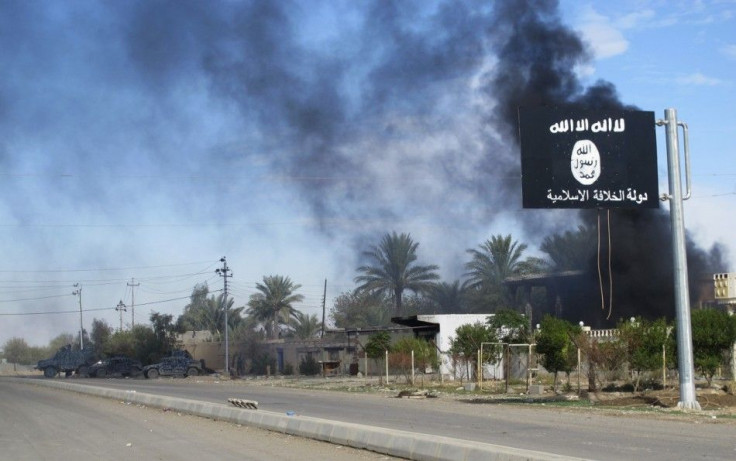ISIS Beheads Christian Children In Baghdad; Experts Confirm Dirty Bomb Materials But World Has 'Nothing To Worry'

ISIS militants have beheaded four Christian children in Baghdad for refusing to convert to Islam. The British "Vicar of Baghdad" Cannon Andrew White claims the beheading of the children was done in a Christian enclave near Baghdad where it was recently seized by ISIS fighters.
The Archbishop of Canterbury ordered White to leave Iraq for safety as he is one of the few Christian leaders left in Iraq, according to the Mirror. White said when Baghdad was overrun with militants, many people had fled to Nineveh, their traditional home. When ISIS came, they dragged the people out and "killed huge numbers." The British vicar said ISIS had "chopped children in half" and beheaded them before moving north.
He told the Orthodox Christian Network that ISIS was forcing Christians to convert to Islam or else they will be killed. One militant approached a Christian man and threatened him to say the words of conversion or his children will all be dead.
White was also told about the fate of young Christian children who were threatened with death if they don't say the words that they will follow Mohammed. The four children under the age of 15 said they loved "Yesua," which means Jesus, and refused to say the words. ISIS had chopped their heads off.
Meanwhile, experts have confirmed that ISIS militants had acquired materials to create a dirty bomb, a device which uses chemical or radiological materials combined with a conventional bomb. Despite this knowledge, experts say the world has nothing to worry about as any weapon the militants may develop out of those materials can be more effective in spreading fear than damage, according to Newsweek.
The British-born Muslim al-Britani posted on his Twitter account that ISIS has acquired the necessary materials to create a dirty bomb. The ISIS fighter has described himself as an expert in electronics and explosives. He claimed ISIS had stolen the dirty bomb materials from Iraq's Mosul University a few months ago.
Dina Esfandiary, who recently published a paper on the possibility of ISIS acquiring weapons of mass destruction with colleague Matthew Cottee, has confirmed ISIS militants had taken 40 kilogrammes of uranium but doubted their ability to turn the material into a nuclear device and people have "hothing to worry." The weapon would more likely cause more disruption than significant damage. However, Esfiandary warned that nothing is impossible because if ISIS was determined to create a radiological weapon, the militants might find a way to do it.





















